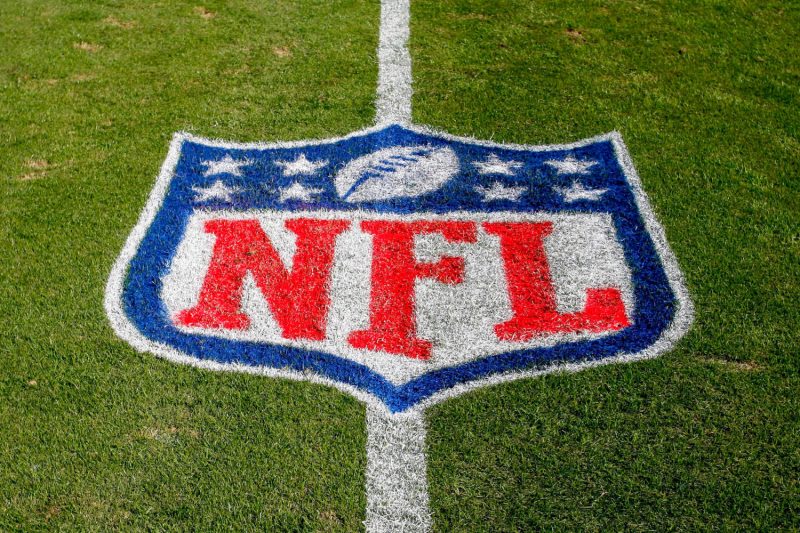The recent decision by a federal judge to overturn a $4.7 billion jury verdict in the Sunday Ticket lawsuit against the NFL has sent shockwaves through the sports community. The lawsuit, brought by a group of fans who claimed that the NFL’s exclusive deal with DirecTV for the Sunday Ticket package violated antitrust laws, had initially resulted in a record-setting jury award for the plaintiffs. However, the judge’s ruling to overturn the verdict has raised questions about the future of sports broadcasting and the extent of the NFL’s control over its content.
Central to the case was the exclusive agreement between the NFL and DirecTV, which granted the satellite TV provider sole rights to broadcast out-of-market games on Sundays. This arrangement, in place since 1994, has long been criticized for limiting consumer choice and driving up prices for fans who wish to access all NFL games. The plaintiffs argued that the deal amounted to an illegal monopoly that harmed consumers by restricting competition and inflating prices.
After a lengthy trial, the jury sided with the plaintiffs and awarded them a staggering $4.7 billion in damages, marking a significant victory for fans seeking greater access to NFL games. However, the celebration was short-lived, as the presiding judge decided to overturn the verdict, citing legal errors and inconsistencies in the jury’s decision-making process.
The judge’s ruling has reignited the debate over the NFL’s broadcasting practices and the extent to which the league can control the distribution of its content. Critics argue that the exclusive deal with DirecTV gives the NFL too much power over how its games are shown and limits the ability of other providers to offer alternative viewing options. They contend that breaking up this monopoly would benefit consumers by fostering more competition and driving down prices.
On the other hand, supporters of the NFL’s current arrangement argue that the league has the right to maximize its revenue through exclusive broadcasting deals and that these agreements are necessary to ensure the financial health of the sport. They point to the massive sums of money generated by these contracts, which help support player salaries, team operations, and various league initiatives.
As the legal battle over the Sunday Ticket package continues to unfold, the future of sports broadcasting remains uncertain. The outcome of this case could have far-reaching implications for how live sports content is distributed and consumed in the digital age. Whether the NFL will be forced to open up its broadcasting rights to other providers or if it will maintain its current exclusive arrangement with DirecTV remains to be seen.
In conclusion, the overturning of the $4.7 billion jury verdict in the Sunday Ticket lawsuit against the NFL has stirred up a contentious debate over the league’s broadcasting practices. As the legal wrangling continues, fans, players, and league officials alike will be closely watching to see how this case ultimately shapes the future of sports broadcasting in the United States.
